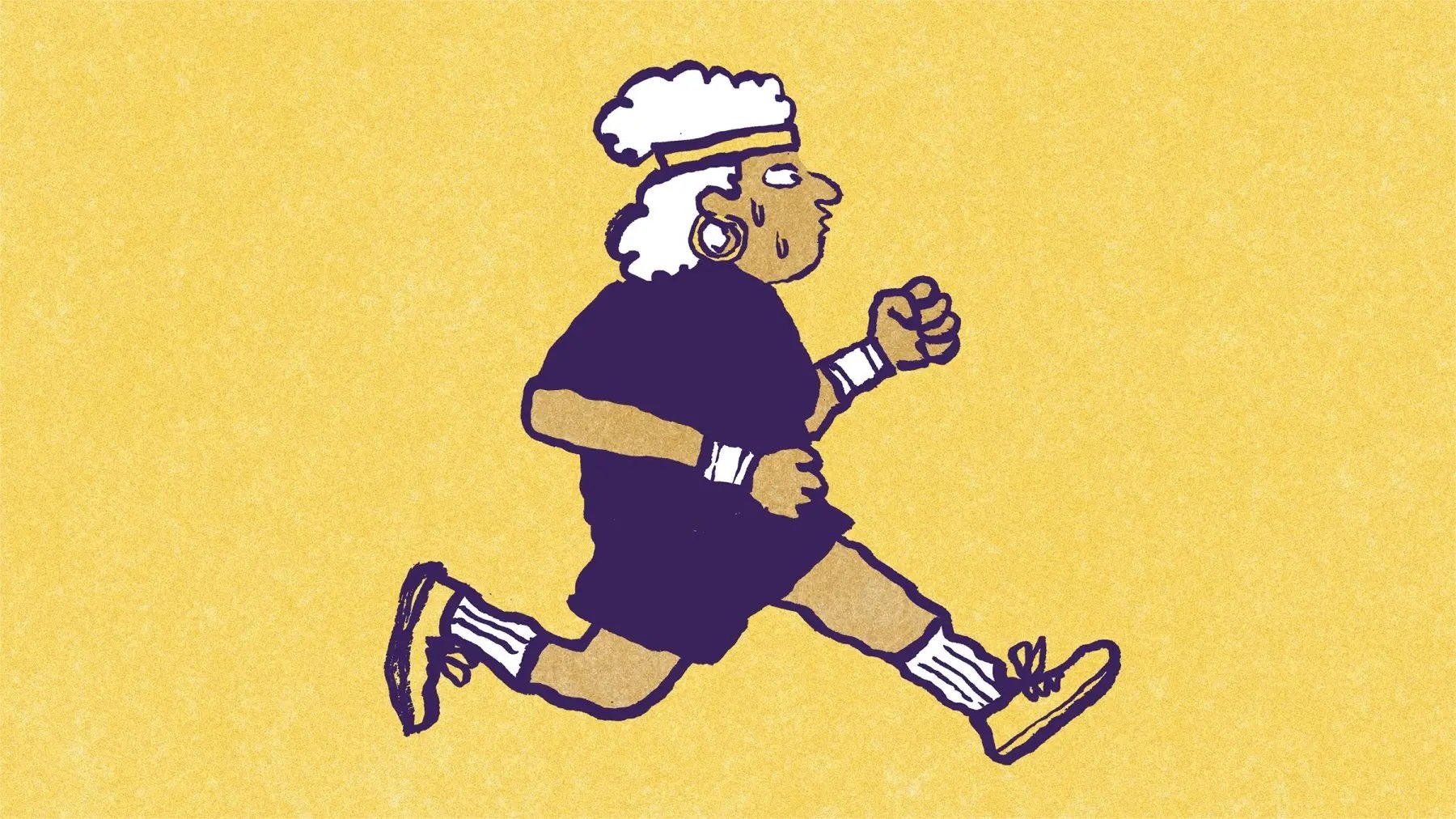
Redefining Old Age
As Time magazine suggested on the cover of its recent Longevity issue, we are in an era of a new old age. Lifespans have changed dramatically over the past several decades, and with that, newer generations of elders have emerged that are far more productive and active than past populations. Follow the link below to read more about the emerging trends and implications of the new old age.
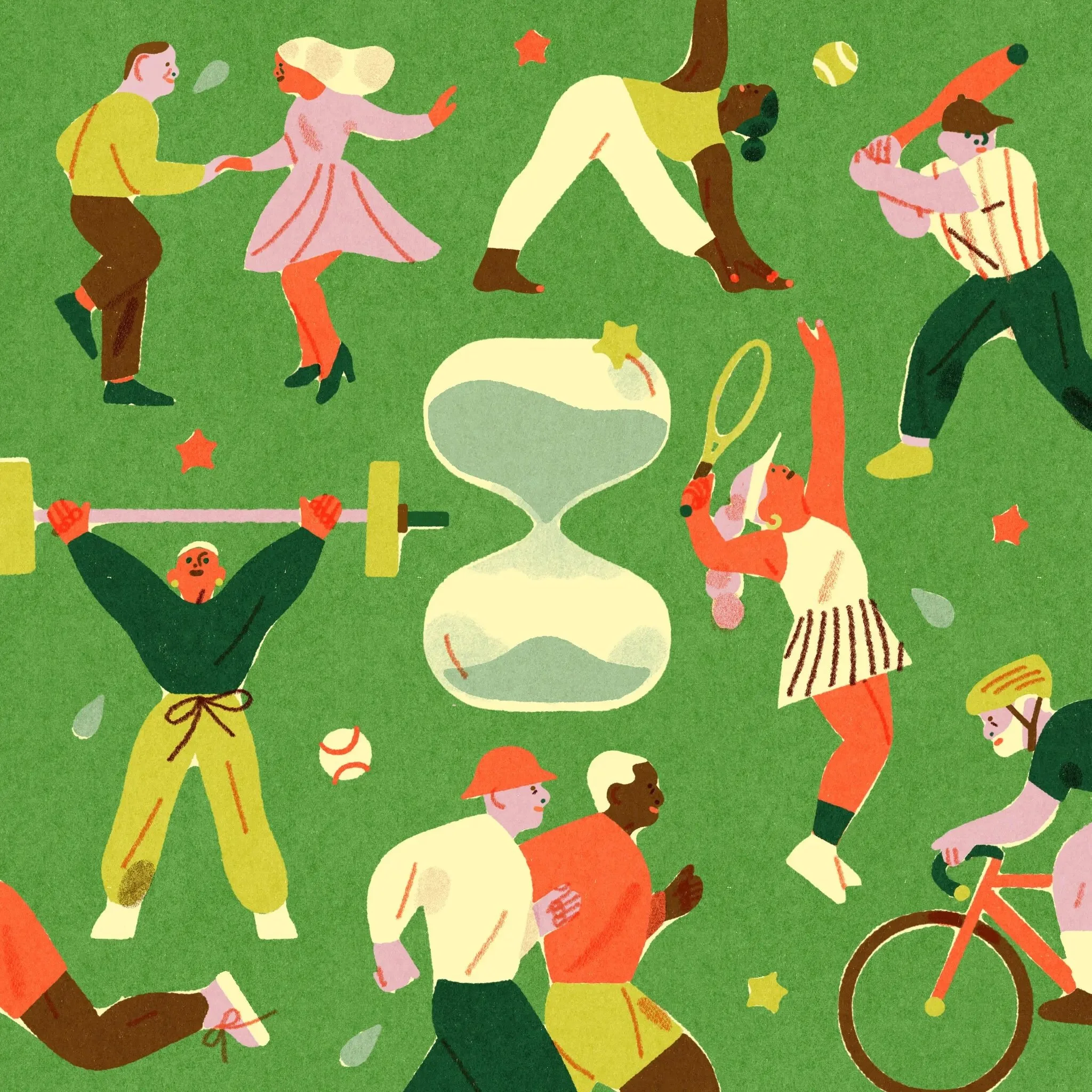
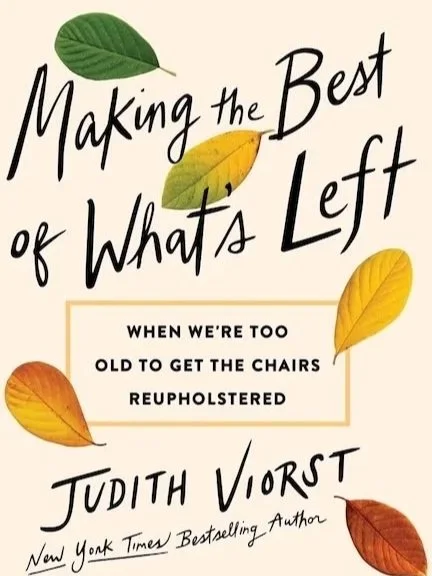
What We’re Reading
In “Making the Best of What’s Left,” Judith Viorst, 94, offers her perspective and that of fellow “oldsters” on making meaning later in life. Viorst purposefully used the term “making meaning” rather than “finding meaning” as she believes we “…need to create our own personal reason for being.” Her most thoughtful advice? Connect with new people, ask for and offer help, and don’t collect hurt feelings.
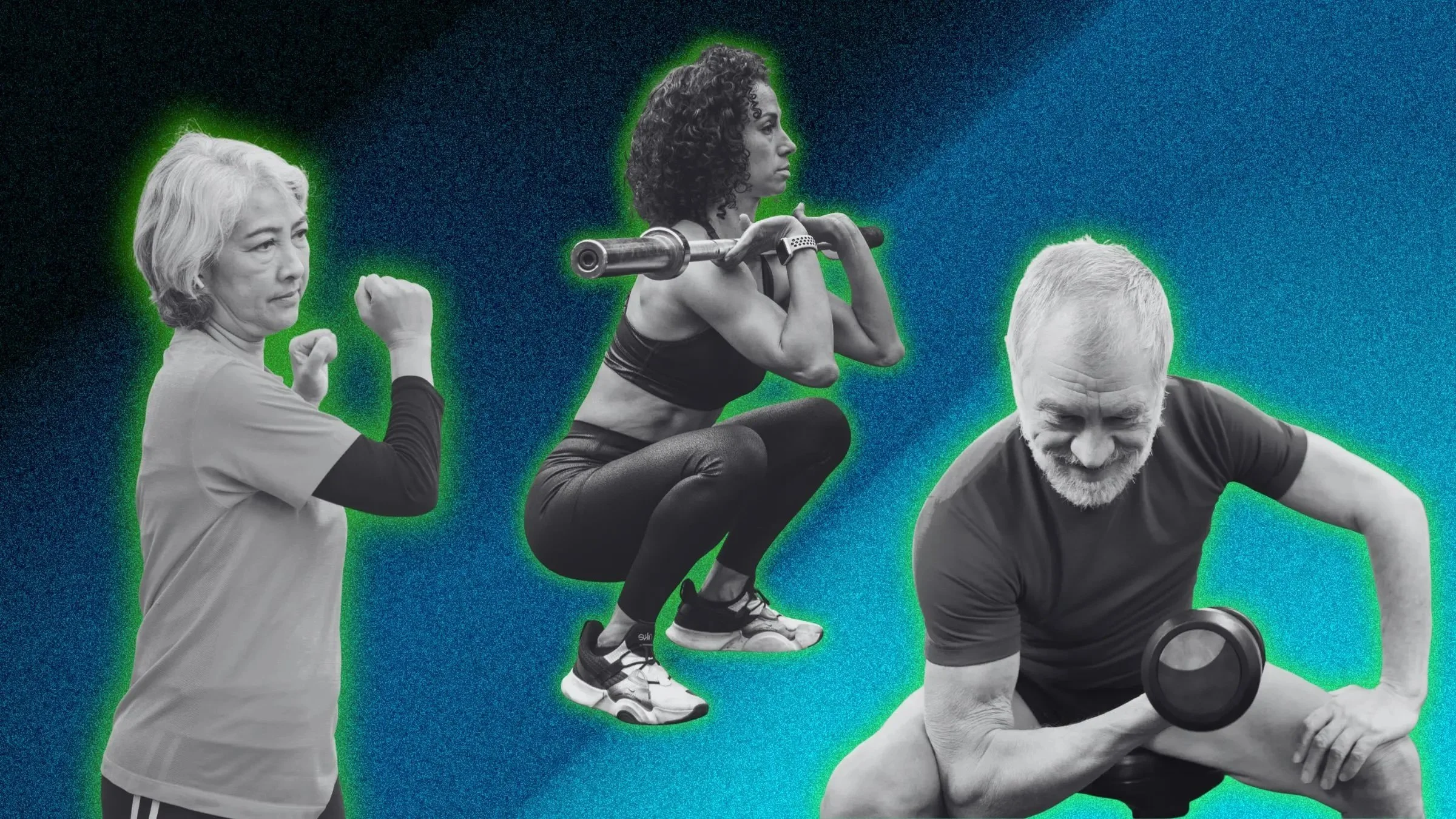
Train Your Body—and Your Brain
According to a recent analysis of nearly 4,500 adults aged 60 and older, published in Frontiers in Aging Neuroscience, five types of exercise were shown to improve cognitive function. The activity categories included resistance training, aerobic exercise, high-intensity interval training, mind–body practices such as Tai Chi and yoga, and hybrid routines that combine multiple approaches. Among them, resistance training emerged as the most effective in supporting global brain health, including memory and attention. Notably, the study found that strength training delivered measurable cognitive benefits with just two 45–60 minute sessions per week over a three-month period.
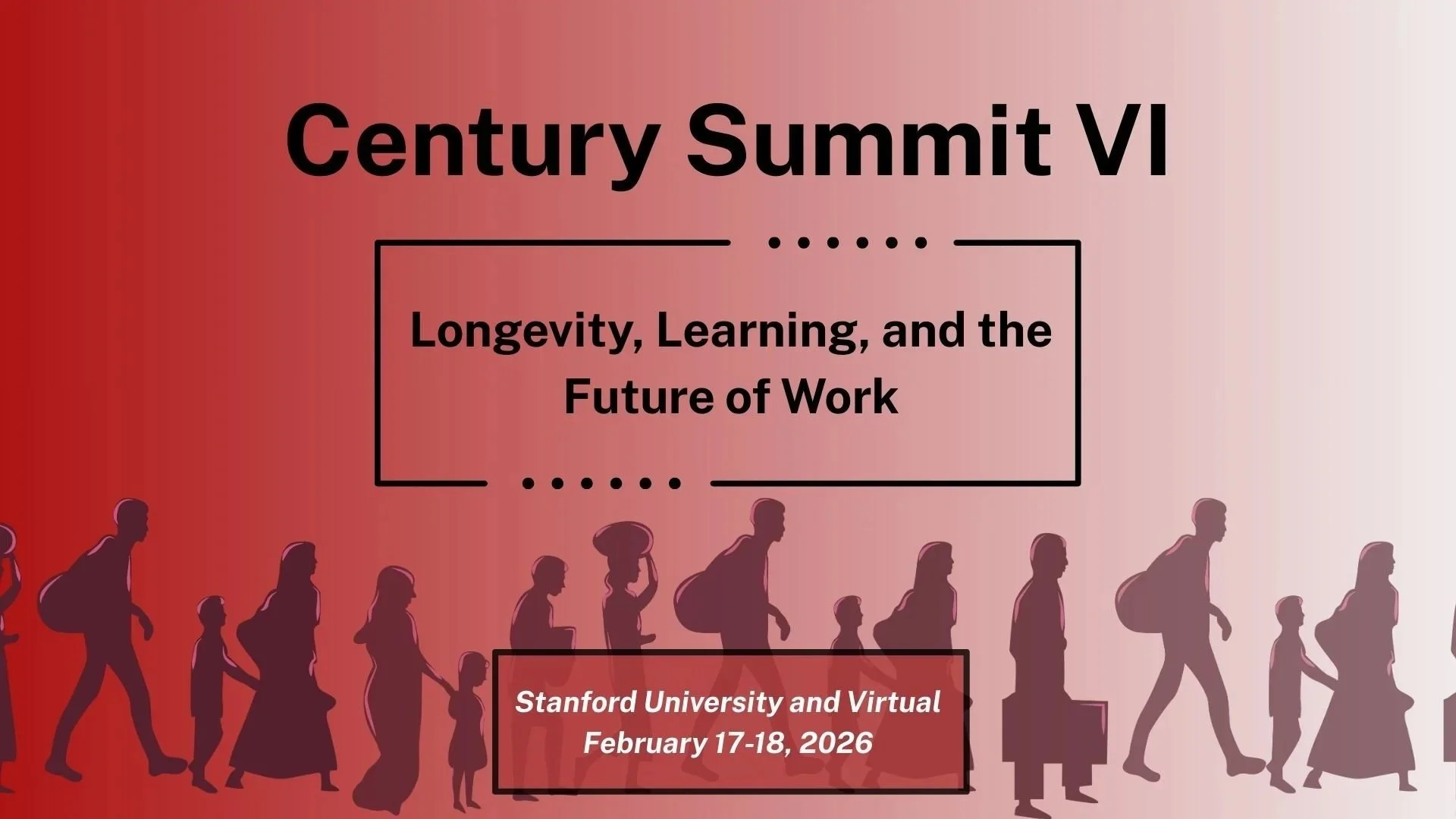
Rethinking Careers in an Era of Longer Lifespans
The sixth annual Century Summit will be held February 17 & 18, 2026 at Stanford University and online (the virtual platform is free for all participants). This year’s program will focus on how to develop and support professionals across extended career journeys as we live longer and healthier lives. One key question to be addressed: How can we ensure that opportunity is not limited by age? Follow the link below to find out more.
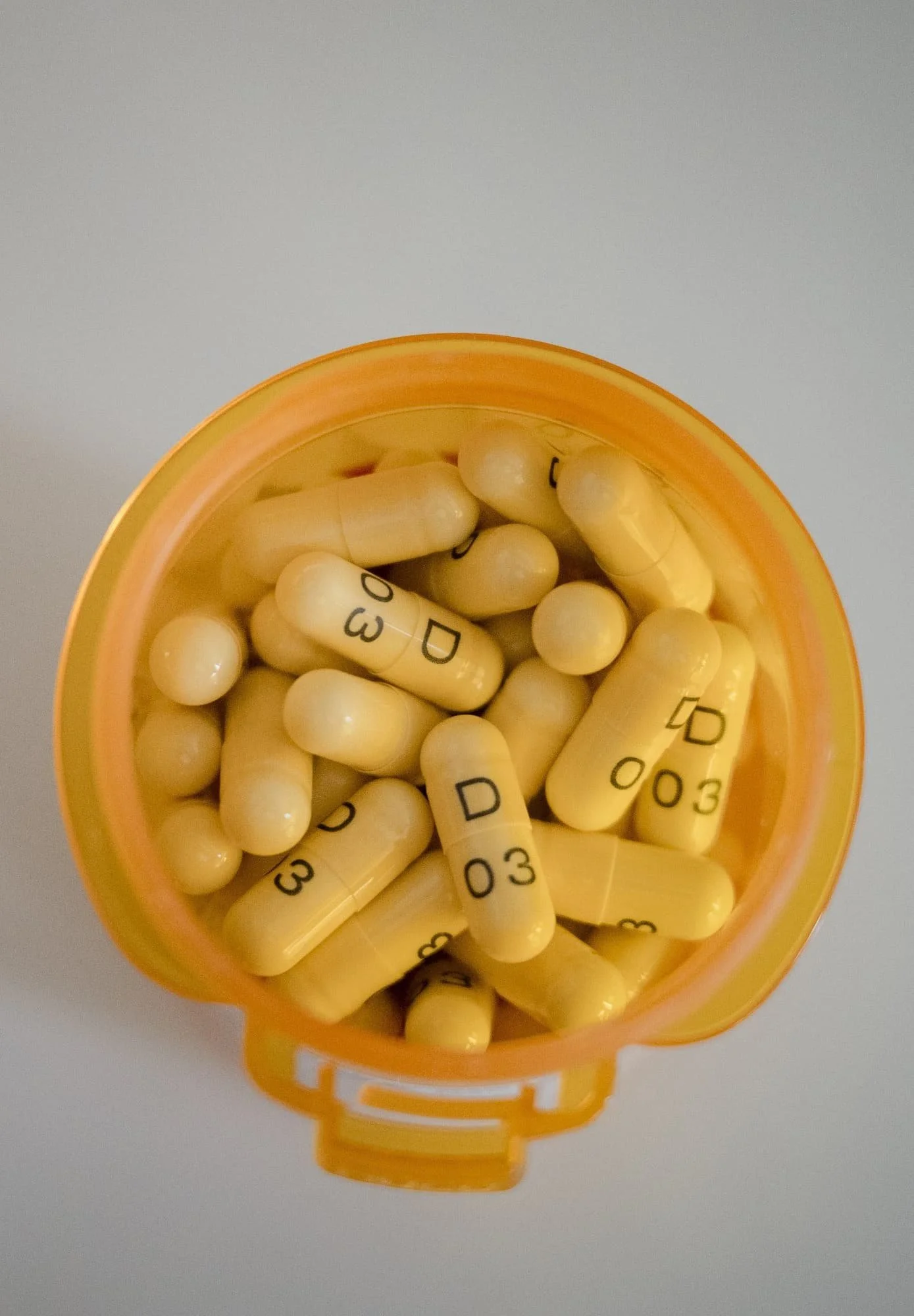
Overmedicated in America
A WSJ analysis of Medicare data revealed that one in six seniors were prescribed eight or more medications simultaneously. Moreover, of the 46 million individuals 65+ enrolled in Medicare, nearly a half-million were taking 15+ prescriptions at the same time. And, many of the prescribed drugs are on a sanctioned list of medications considered potentially dangerous for older patients. Clearly, there are two issues of concern: 1. Seniors are likely overmedicated and 2. There’s a need for a regular and systematic review of prescriptions to determine possible contraindications and harmful outcomes.
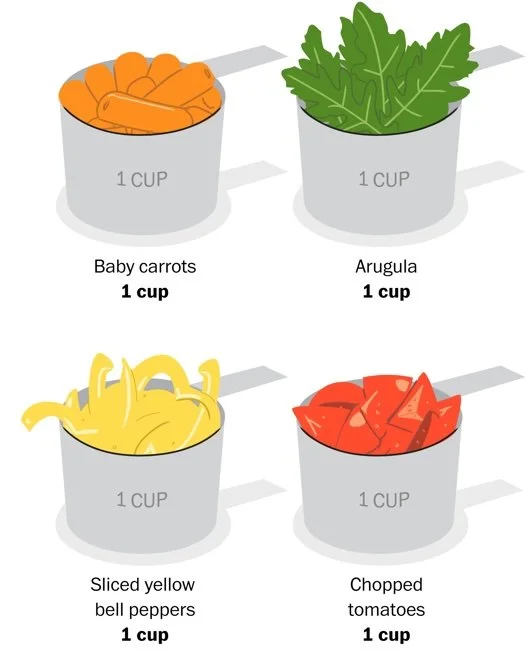
Take the Longevity Quiz!
Experts at the Mayo Clinic developed the “Mini Eating Assessment Tool” to determine what comprises a healthy diet. Follow the link below to take the quiz and see if your food choices support wellness and longevity.
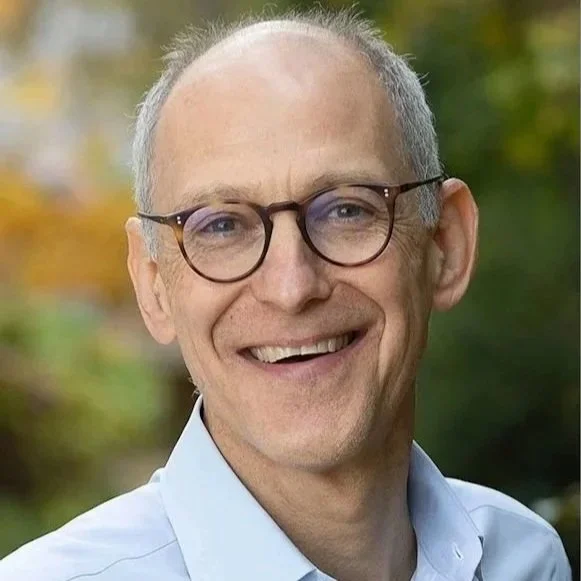
Dessert Doesn’t Hurt!
Join Dr. Ezekiel Emanuel, author of the newly released book, “Eat Your Ice Cream: Six Simple Rules for a Long and Healthy Life,” for an honest and refreshing discussion on what really matters for living better and longer. The conversation will take place, January 7th @ 7:30pm ET, in person at the 92nd Street Y, New York, and online. Follow the link below for more information and to register.

A Special Holiday Message
The holidays can heighten feelings of loneliness—for both younger and older members of our communities.
If someone comes to mind who may be on their own, a small gesture can mean a great deal—a thoughtful note, a simple call, an invitation to join you, or a practical offer of help. And, for something that’s sure to bring joy, you can also share the number for Peptoc (707.873.7862), a hotline featuring pre-recorded words of encouragement from students at West Side Elementary, a K–6 public school in Healdsburg, CA. It is truly uplifting.
Wishing you a warm and peaceful holiday season, and a bright new year ahead. With gratitude.
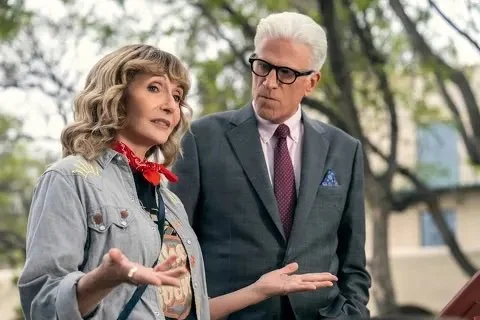
What We’re Watching
Season 2 of the comedy, “Man on the Inside,” starring Ted Danson as a septuagenarian private detective, is streaming now on Netflix. While investigating a blackmail scheme at a local college, Danson’s character falls for a teacher at the school played by his real-life spouse of three decades, Mary Steenburgen. Finding love later in life is just as exciting, sexy, awkward, and messy as it is at any age. Read the SF Chron’s review of the show at the link below.
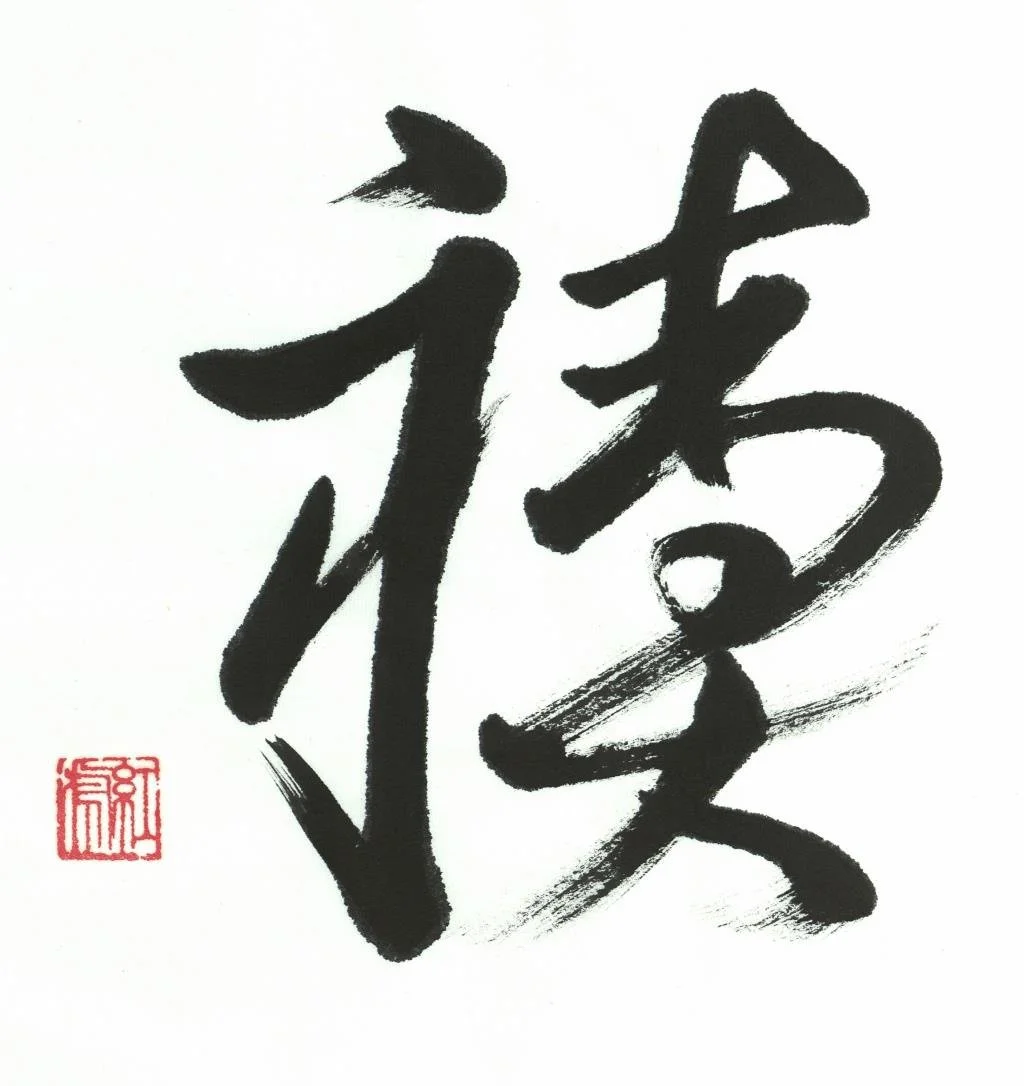
Modern Misogi Ideas and Inspirations
Originally a Shinto purification ritual, the concept of misogi (pronounced mee-soh-gee) has evolved in modern times to mean an intense physical or mental challenge designed to test limits and inspire inner strength.
If you decide to pursue a misogi, here are some ideas to inspire your personal and year-defining quest.
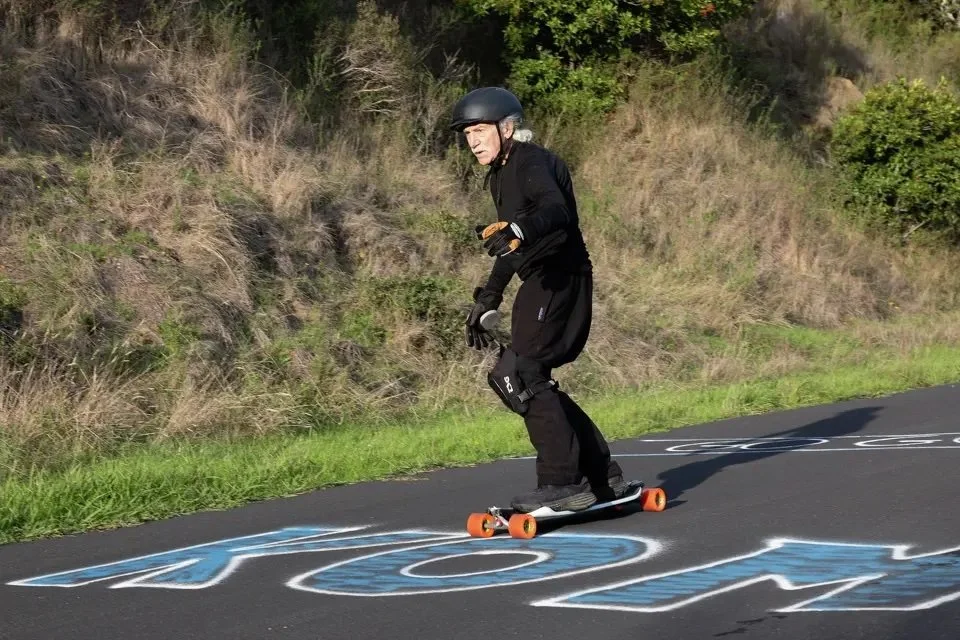
Advice From a Super-Ager
What’s Lloyd Kahn’s secret to an active and fulfilling life at age 90? He says, “Moving is so necessary as you get older.” And, also, “admit when you’re wrong, get out of your comfort zone, and don’t focus on regrets.” Follow the link below to read more about Kahn and his adventurous approach to living.
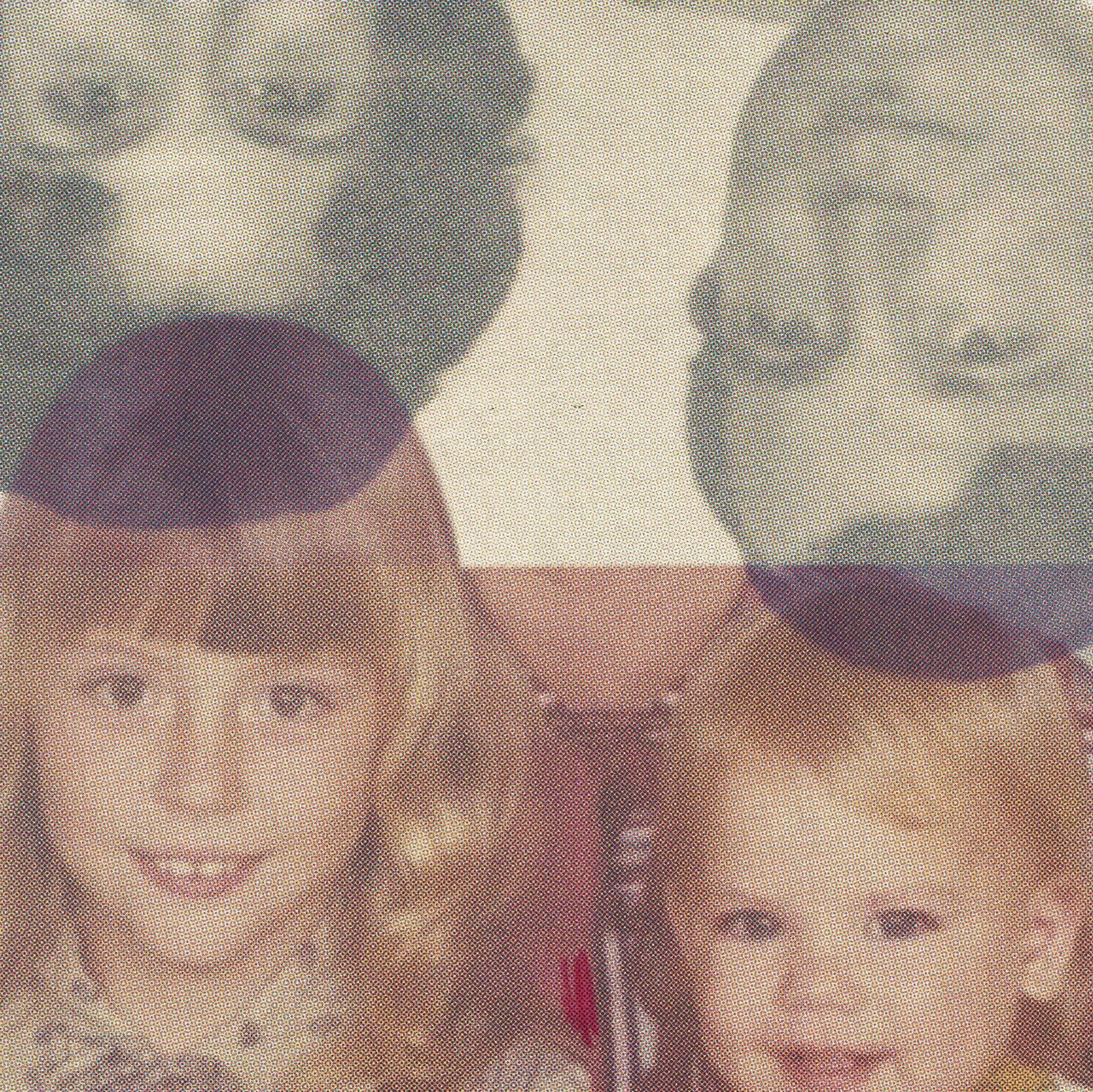
The Hard Truths of Caring for an Aging Loved One
Michelle Cottle’s NYT opinion piece, “We Had No Idea What Was Coming: Caring for My Aging Father,” illuminates the challenges, complexities, and, sometimes, comical nature of caregiving, even if one has financial resources. Cottle also exposes the fragility and failure of our current healthcare system, exacerbated by the recent Medicaid cuts and immigration crackdown. Read the full piece at the link below.
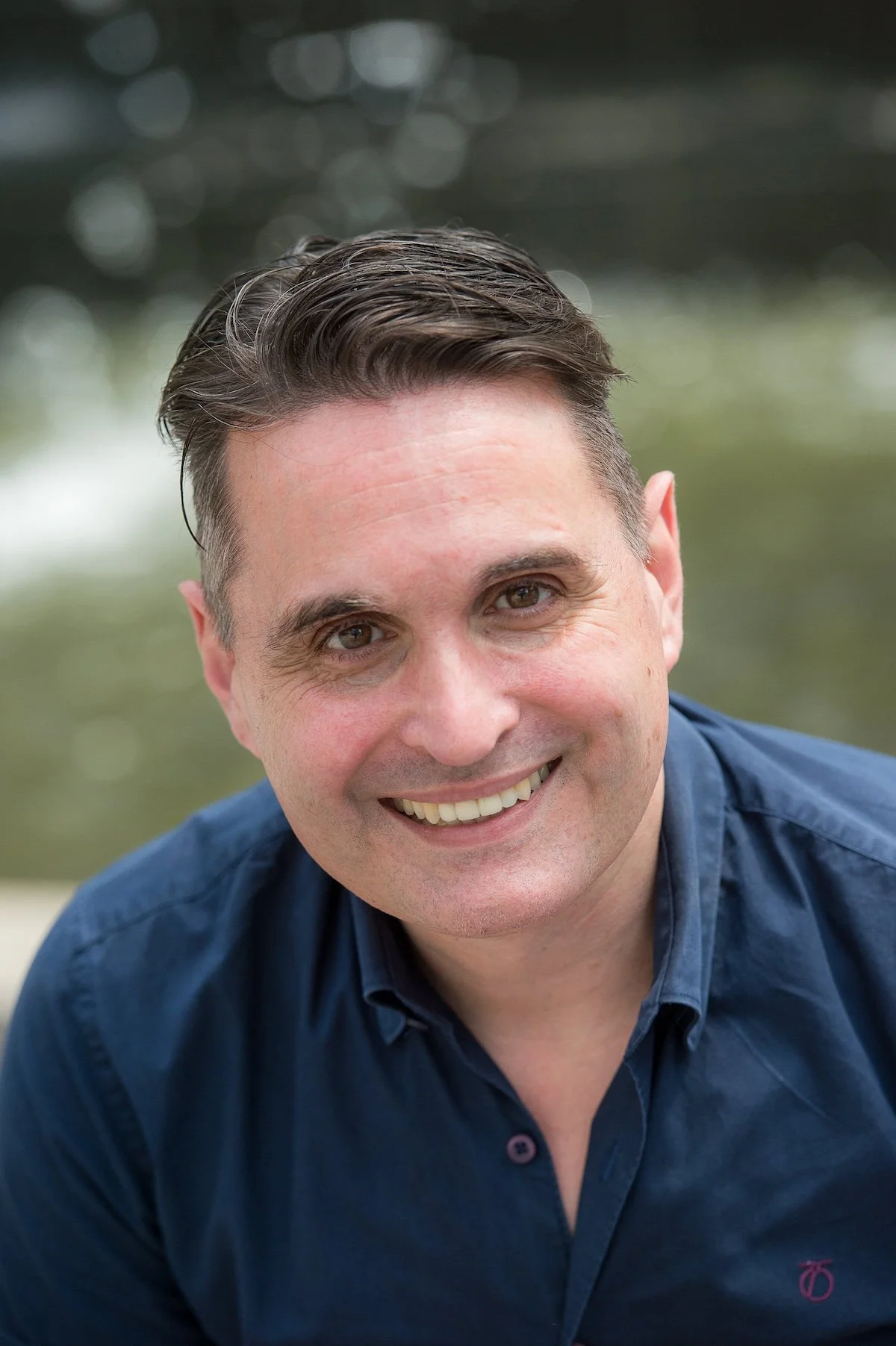
Meet Davor Golub
A transplant to NYC by way of London, Davor is a teaching artist with a colorful background of moving fluidly between stage and classroom. And though he doesn’t own up to it in his bio, he’s a walking encyclopedia of show tunes and factoids for any musical that has hit the Broadway stage.

A Refreshing Take on the Experience of Aging
Sometimes getting old can be a pain–literally. But this beautiful essay recently published in The New York Times shows the other, less discussed, side of growing old. Read Roger Rosenblatt’s wise and touching piece that reflects on the beauty of maturing.

An Aging Population Taps into Creative Housing Options
As the population ages—by 2030, one in five people in the U.S. will be 65 or older—the questions of where and how to live, and with whom, become more pressing. Many of this growing cohort are rethinking traditional senior accommodations and, instead, are seeking or creating innovative housing solutions—think more “Golden Girls” and less staid, institutional arrangements. The WSJ shared some examples of new and imaginative living environments for older adults.

Living a Longer, Healthier Life
The 4th annual Longevity Summit, “The Future of Medicine: Eliminating Diseases of Aging,” is taking place December 9-10 at the Buck Institute for Research on Aging in Novato, CA. Speakers will be sharing advancements in the longevity field, with representatives from biotech companies, hospitals, investment firms, and academic institutions. The program is both in-person and online. Learn more and register by following the link below.

Alzheimer's Affects 50M to 400M Worldwide But a Recent Study Offers Hope
The science journal Nature published research recently that shows a strong connection between lithium loss and Alzheimer's. When lithium—which occurs naturally in the brain—becomes depleted, it accelerates the formation of amyloid-beta plaques and structures and gives way to inflammatory cells in the brain. But researchers found that the use of lithium orotate helped reverse disease-related effects and restore memory function. Read what Harvard Medical School has to say about the subject.

The Emerging Science of Healthspan
Join Mount Sinai medical experts for an online conversation on “Protocols for Living Better, Not Just Longer: The Science Behind Longevity and Healthspan.” Part of 92NY’s Spark Your Health Talk Series, the program will take place November 5th at 7pm ET. Read more about the virtual event and register by following the link below.

It’s a Beautiful Day in the Neighborhood
In 2023, a former U.S. Surgeon General declared loneliness an epidemic, noting that social connection is as critical to good health and longevity as exercise and nutrition. While loneliness is most often associated with older adults, the epidemic impacts people of all ages. San Francisco’s “Meet Six Neighbors,” part of a statewide initiative to strengthen social networks, challenges individuals to connect with six nearby neighbors. It’s an idea that can be implemented in any and every neighborhood, and across all age groups. A focus on intergenerational friendships would be great, too. Read more about the program in the SF Chron.
